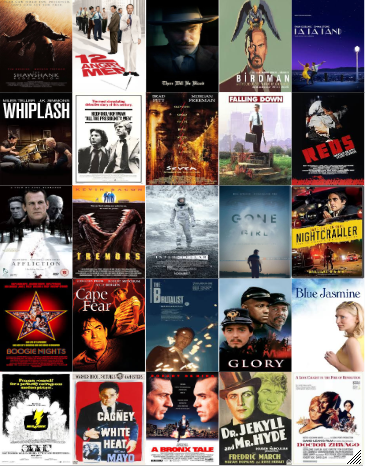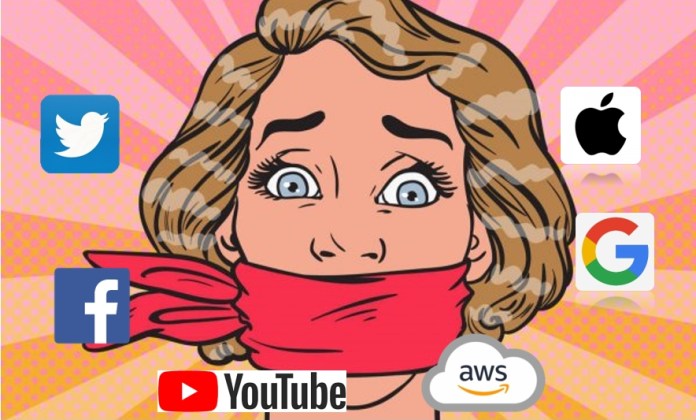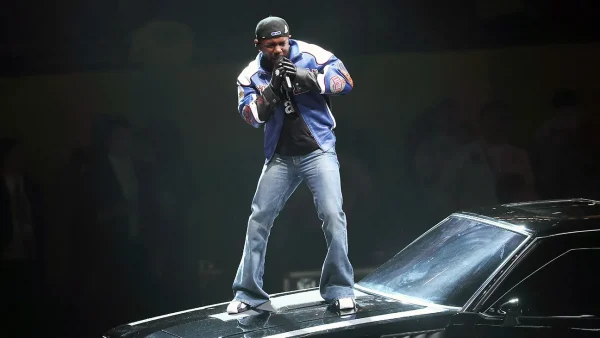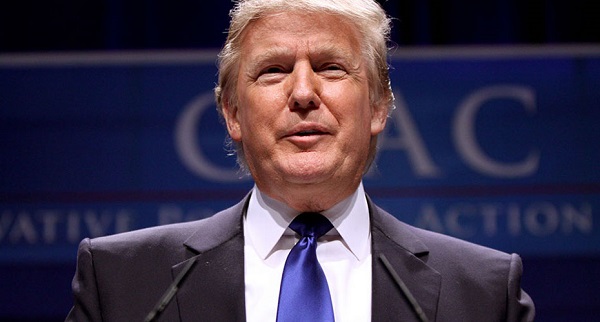Opinion: Beware of Big Tech Censorship
Big pharma and big business have made way for another in their ranks: although not a new word, “big tech” has been on the minds and tongues of Americans since the events of January 6th and the subsequent banning of Donald Trump on all major social media platforms.
Big tech, as defined by PCMag, refers to major technology companies like Apple, Microsoft, Amazon, Facebook, and Google (which are also called the Big Five) who have an inordinate monopoly on the US tech industry.
Following the capitol riots of January 6th, big tech companies, from Twitter to Pinterest, deplatformed former president Trump on charges of inciting violence. Following this, the Apple and Google app stores banned Parler, a proclaimed free-speech alternative to Twitter, and Amazon removed the app from its web server, virtually annihilating the app.
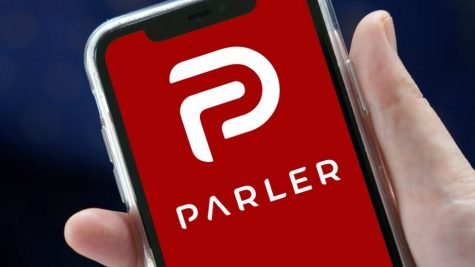
Because these are privately owned companies, they have the right to moderate, remove, and censor content according to their rules, but this could set a dangerous precedent.
To start, these rules are not applied to everyone. As an example, Iranian supreme leader Ali Khamenei is known for his anti-Israel and -zionist tweets, and in May one particular tweet called the Zionist movement a “cancerous growth,” with Khamenei pledging to assist any group “who opposes and fights the Zionist regime.” When the Israeli government asked that the tweet and others like it be removed, according to NBC, Twitter executives refused, saying that the tweet did not violate policies and that “world leaders use Twitter to engage in discourse with each other, as well as their constituents.” As Ebony Bowden from the New York Post explains, Twitter said Khamenei’s tweets are “foreign policy saber-rattling,” but said Trump’s Twitter response to the violence in Minneapolis last summer was a “glorification of violence” that could “inspire harm and similar actions.”
Similarly, in January 2020, Twitter initially failed to take down graphic images and videos depicting a 13-year-old child sex trafficking victim, stating, as reported by the New York Post, that they “didn’t find a violation of [their] policies” in the posts. It was only when an agent from the Department of Homeland Security stepped in that the posts were removed. Evidently, Twitter’s policies are not equally enforced across the board.
Moreover, now that Trump had been banned from Twitter and other platforms while he was president, where does it stop? If Twitter can ban the president of the United States, what’s going to stop them from censoring anyone who voices an opinion they don’t like, on both sides of the political spectrum?
Many defended these privately-owned platforms’ decision to ban Trump, citing that there are other sources of communication. Nonetheless, it can’t be ignored that social media is many Americans’ main source of news, the first place they hear of events and policies. As the editor-in-chief of Newsweek pointed out, the deplatforming of Trump has allowed Big Tech CEOs like Bezos, Dorsey, and Zuckerberg, “to become the arbiters of what may or may not be said in the nation’s virtual public square in a way that any would-be American dictator would envy.”
What’s even more disturbing is how China, with some of the strictest surveillance of its citizens in the world, responded. According to the New York Times, Chinese nationalist and propaganda news sources are using Trump’s expulsion to create the narrative that “nobody in the world truly enjoys freedom of speech,” justifying the Chinese government’s tight control over free speech. A writer for one such news source, Hu Xijin, stated that “Twitter’s suspension of Trump’s account shows freedom of speech has boundaries in every society.”
Similarly, Su Jiande, a user on Weibo (a popular Chinese social media platform), said that he “just learned in the past few days that the U.S. social media platforms frequently delete posts and suspend accounts too” and that he has “lost the last hint of respect for the country.” According to the Times, Jiande also unironically thanked Weibo for their pursuit of free speech. If the actions of American tech companies can be used to support Chinese nationalist propaganda, they’ve likely crossed the line.
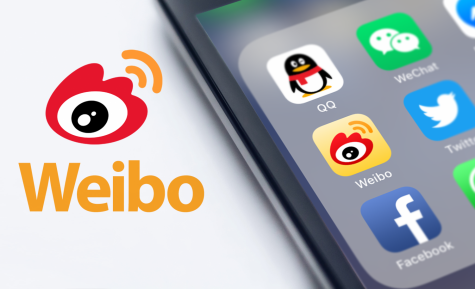
“Unprecedented” was named the People’s Choice 2020 Word of the Year by Dictionary.com, an appropriate, albeit overused, word to describe 2020. And it now seems it can be used to describe 2021 as well. It’s not easy to tell where and how far this big tech censorship will go, but we recognize it as a threat to our right to free speech.

Analise is a senior at West Morris Central high school. During her junior year, she was a world news editor for The Paw. She has a passion for educating...





















